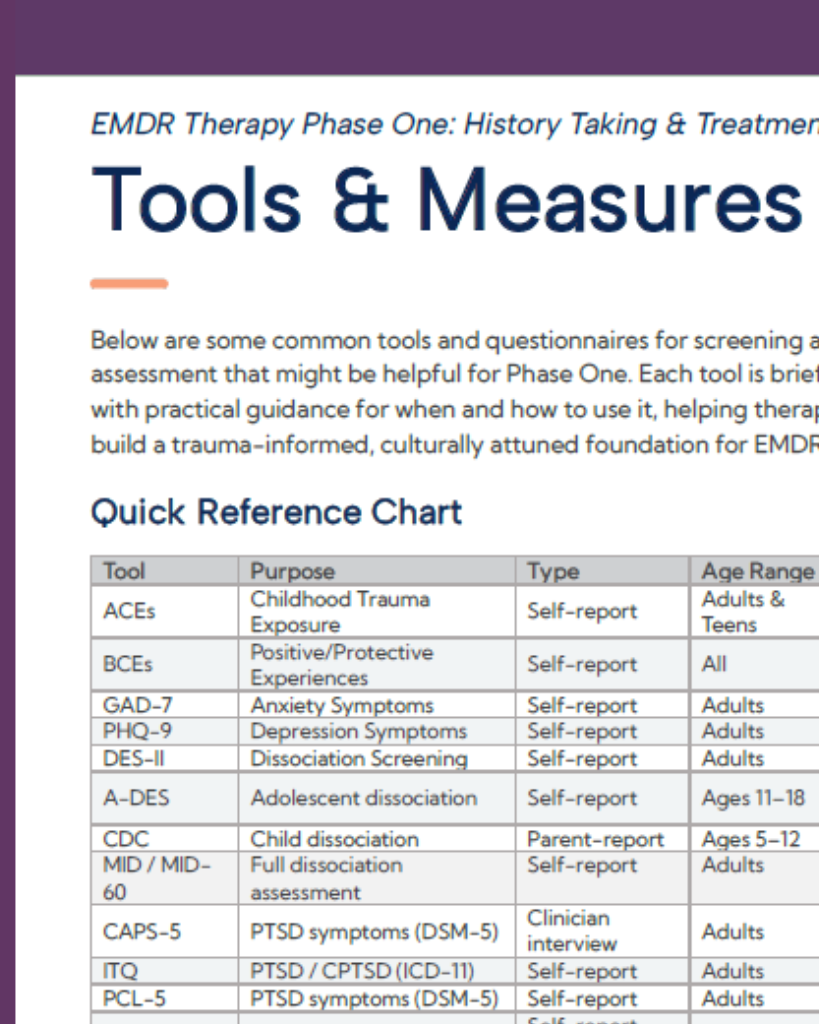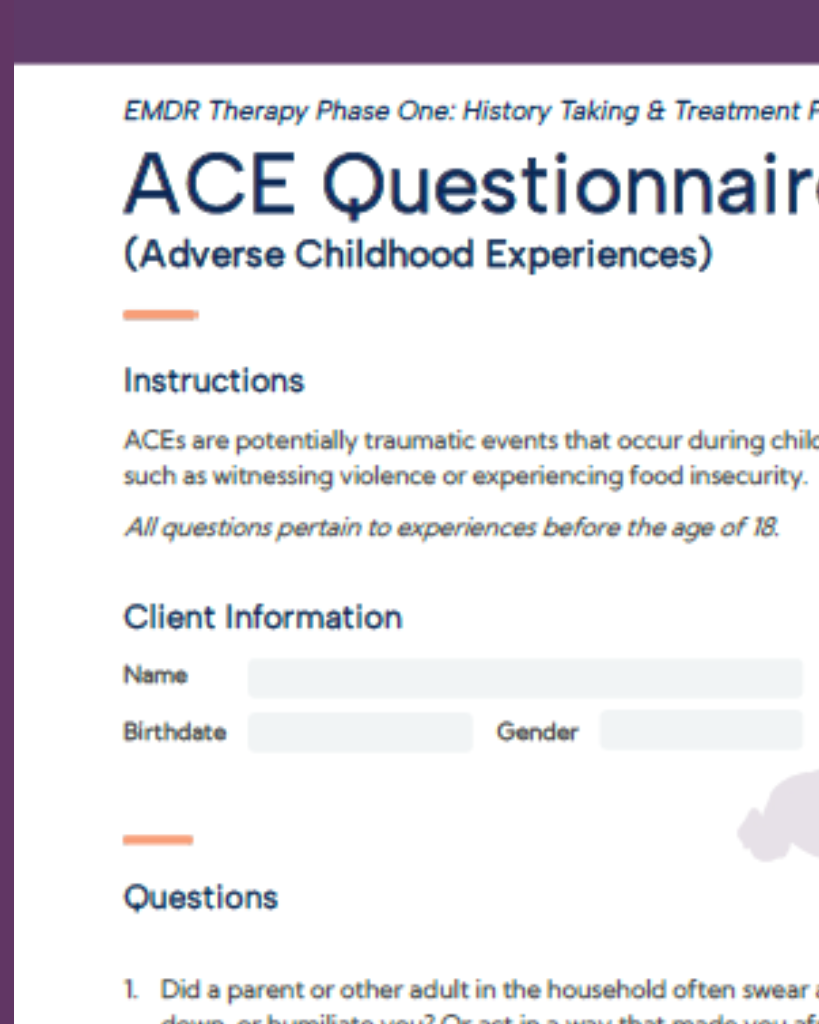Relationship of childhood abuse and household dysfunction to many of the leading causes of death in adults: The Adverse Childhood Experiences (ACE) Study
Adverse Childhood Experiences Study describes the long-term relationship of childhood experiences to medical and public health problems.
Resource Abstract
“Background: The relationship of health risk behavior and disease in adulthood to the breadth of exposure to childhood emotional, physical, or sexual abuse, and household dysfunction during childhood has not previously been described.
Methods: A questionnaire about adverse childhood experiences was mailed to 13,494 adults who had completed a standardized medical evaluation at a large HMO; 9,508 (70.5%) responded. Seven categories of adverse childhood experiences were studied: psychological, physical, or sexual abuse; violence against mother; or living with household members who were substance abusers, mentally ill or suicidal, or ever imprisoned. The number of categories of these adverse childhood experiences was then compared to measures of adult risk behavior, health status, and disease. Logistic regression was used to adjust for effects of demographic factors on the association between the cumulative number of categories of childhood exposures (range: 0–7) and risk factors for the leading causes of death in adult life.
Results: More than half of respondents reported at least one, and one-fourth reported ≥2 categories of childhood exposures. We found a graded relationship between the number of categories of childhood exposure and each of the adult health risk behaviors and diseases that were studied (P < .001). Persons who had experienced four or more categories of childhood exposure, compared to those who had experienced none, had 4- to 12-fold increased health risks for alcoholism, drug abuse, depression, and suicide attempt; a 2- to 4-fold increase in smoking, poor self-rated health, ≥50 sexual intercourse partners, and sexually transmitted disease; and a 1.4- to 1.6-fold increase in physical inactivity and severe obesity. The number of categories of adverse childhood exposures showed a graded relationship to the presence of adult diseases including ischemic heart disease, cancer, chronic lung disease, skeletal fractures, and liver disease. The seven categories of adverse childhood experiences were strongly interrelated and persons with multiple categories of childhood exposure were likely to have multiple health risk factors later in life.
Conclusions: We found a strong graded relationship between the breadth of exposure to abuse or household dysfunction during childhood and multiple risk factors for several of the leading causes of death in adults.”
—Description from publisher
Resource Access
Open Access
Felitti, V. J., Anda, R. F., Nordenberg, D., et al. (1998). Relationship of childhood abuse and household dysfunction to many of the leading causes of death in adults: The Adverse Childhood Experiences (ACE) Study. American Journal of Preventive Medicine, 14(4), 245–258. https://doi.org/10.1016/S0749-3797(98)00017-8
Date
May 1, 1998
Creator(s)
Vincent J. Felitti, Robert F. Anda, Dale Nordenberg
Contributor(s)
David F. Williamson, Alison M. Spitz, Valerie Edwards, Mary P. Koss, James S. Marks
Topics
Childhood Trauma
Practice & Methods
Case Conceptualization
Extent
14 pages
Publisher
Elsevier
Rights
Copyright © 1998 Elsevier Science Inc. All rights reserved.
APA Citation
Felitti, V. J., Anda, R. F., Nordenberg, D., et al. (1998). Relationship of childhood abuse and household dysfunction to many of the leading causes of death in adults: The Adverse Childhood Experiences (ACE) Study. American Journal of Preventive Medicine, 14(4), 245–258. https://doi.org/10.1016/S0749-3797(98)00017-8
Audience
EMDR Therapists, Other Mental Health Professionals
Language
English
Content Type
Article, Peer-Reviewed
Access Type
External Resource, Open Access





